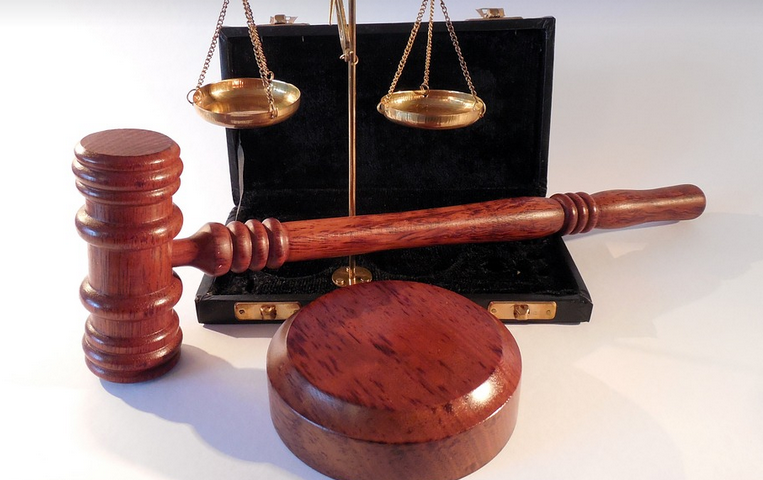Navigating the Legality of Delta-8 in PA
Pennsylvania’s stance on delta-8 THC has been a hot topic, and it’s understandable why. Delta-8 is gaining popularity as an alternative to traditional Delta-9 THC, but confusion about its legality continues to swirl. This blog post aims to cut through the noise and give you a clear understanding of what legal regulations apply in Pennsylvania for 2025.
First things first, let’s get down to the heart of this question: Is delta-8 legal in Pennsylvania? The short answer is: it’s complicated. The legality of delta-8 THC in Pennsylvania is still a bit of a gray area, as it falls under the umbrella of the state’s overarching approach to hemp-derived products.
Pennsylvania classifies hemp and its derivatives based on the 2018 Farm Bill, which legalized hemp under federal law. This classification sparked a wave of innovation in the cannabis industry, with states like Pennsylvania leading the way in legalizing hemp-derived products. However, this also led to ambiguities regarding specific compounds within these plants.
The key here is that delta-8 THC is derived from hemp. As a result, delta-8 falls under the federal definition of hemp and is not explicitly banned at the national level. However, that doesn’t automatically make it legal in all states.
Pennsylvania takes a more cautious approach with its delta-8 THC regulations. The state has opted to enforce stricter rules than some other states. For instance, the Pennsylvania Department of Agriculture (PDA) has issued guidance stating that Delta 8 THC products must meet certain standards before being sold or marketed in Pennsylvania.
The PDA’s guidelines are quite detailed – they address everything from product labeling and testing to manufacturing practices. These regulations are designed to ensure safety and consumer protection, particularly with a substance like delta-8 that can have psychoactive effects. This is crucial because there are still unknowns about its long-term health implications.
The PDA’s stance on delta-8 THC underscores the ongoing legal process as more states weigh in on its use. As of 2024, many other states have yet to establish clear federal guidelines for the production and sale of delta-8 THC products. This means that the landscape is constantly evolving.
So, what does this all mean for Pennsylvania consumers? The answer is twofold: First, it emphasizes a need for caution when purchasing any delta-8 THC product, particularly those sold online or at convenience stores. It’s vital to look for products regulated by the PDA and licensed dispensaries.
Second, the legal situation surrounding delta-8 THC highlights the ongoing journey towards clearer regulations in the cannabis industry. The constant evolution of laws and the need for research is crucial to ensure consumer safety and responsible use of this type of product.
The future of delta-8 THC legality in Pennsylvania hinges on several factors, including: future legislation, changes in state rulings, and continued legal challenges regarding its classification. The best approach for consumers is to stay informed and follow the latest updates from the PDA and other relevant authorities.
For those interested in exploring further, here are some resources for staying updated:
It’s important to note that the legal landscape surrounding delta-8 THC is constantly evolving, so it’s crucial to stay informed about any changes in regulations or legislation. Be sure to refer back to these resources for updates on the legality of delta-8 THC products in Pennsylvania.



